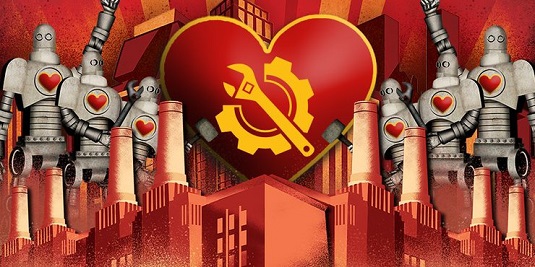
I've generated three essays. Here's the first - a (sort of) rejoinder to CapX's defence of capitalism. You can play around with ChatGPT here.
Socialism is a political and economic ideology that aims to establish a more equal and fair society by redistributing wealth and resources more evenly among its members. It advocates for the collective ownership and control of the means of production, rather than their private ownership by individuals or corporations.
There are several reasons to defend socialism. First and foremost, it addresses the issue of economic inequality. In capitalist societies, wealth is highly concentrated in the hands of a few individuals and corporations, while the majority of people struggle to make ends meet. This unequal distribution of wealth leads to numerous social and economic problems, such as poverty, lack of access to education and healthcare, and political disenfranchisement. Socialism aims to reduce these problems by redistributing wealth and resources more evenly among all members of society, ensuring that everyone has access to the necessities of life.
Another reason to defend socialism is that it promotes economic security and stability. Under capitalism, economic booms and busts are a regular occurrence, with workers often bearing the brunt of the instability. Socialism, on the other hand, seeks to smooth out these ups and downs by emphasizing planning and cooperation over competition. This can lead to more stable and predictable economic conditions, which benefits both workers and businesses.
Socialism also promotes social cohesion and community. In capitalist societies, people are often isolated and individualistic, as they are primarily motivated by their own self-interest. Socialism, however, emphasizes the importance of community and collective well-being. This can lead to a more cohesive and supportive society, where people are more likely to help one another and work together for the common good.
Finally, socialism can be seen as a more democratic and participatory economic system. Under capitalism, the ownership and control of the means of production is concentrated in the hands of a few individuals and corporations, who wield a disproportionate amount of power and influence. Socialism, on the other hand, seeks to democratize the economy by giving workers and communities a greater say in how resources are allocated and used. This can lead to a more democratic and participatory society, where ordinary people have a greater voice in the decisions that affect their lives.
In conclusion, socialism is a political and economic ideology that offers a number of benefits over capitalism. It promotes greater economic equality, stability, social cohesion, and democracy, and is therefore a viable and worthwhile alternative to capitalism.
Image Credit
1 comment:
How about asking AI to write the road map to this eminently sensible conclusion!
Perhaps these titles?
“The AI ROAD TO SOCIALISM”
“Digitally Deconstructing Capitalism”
Post a Comment